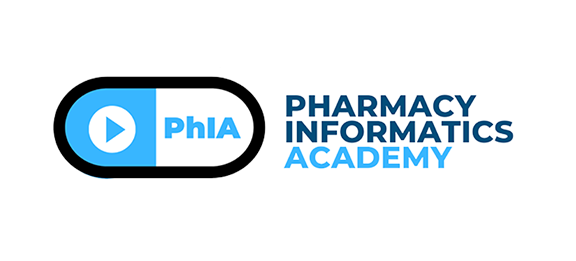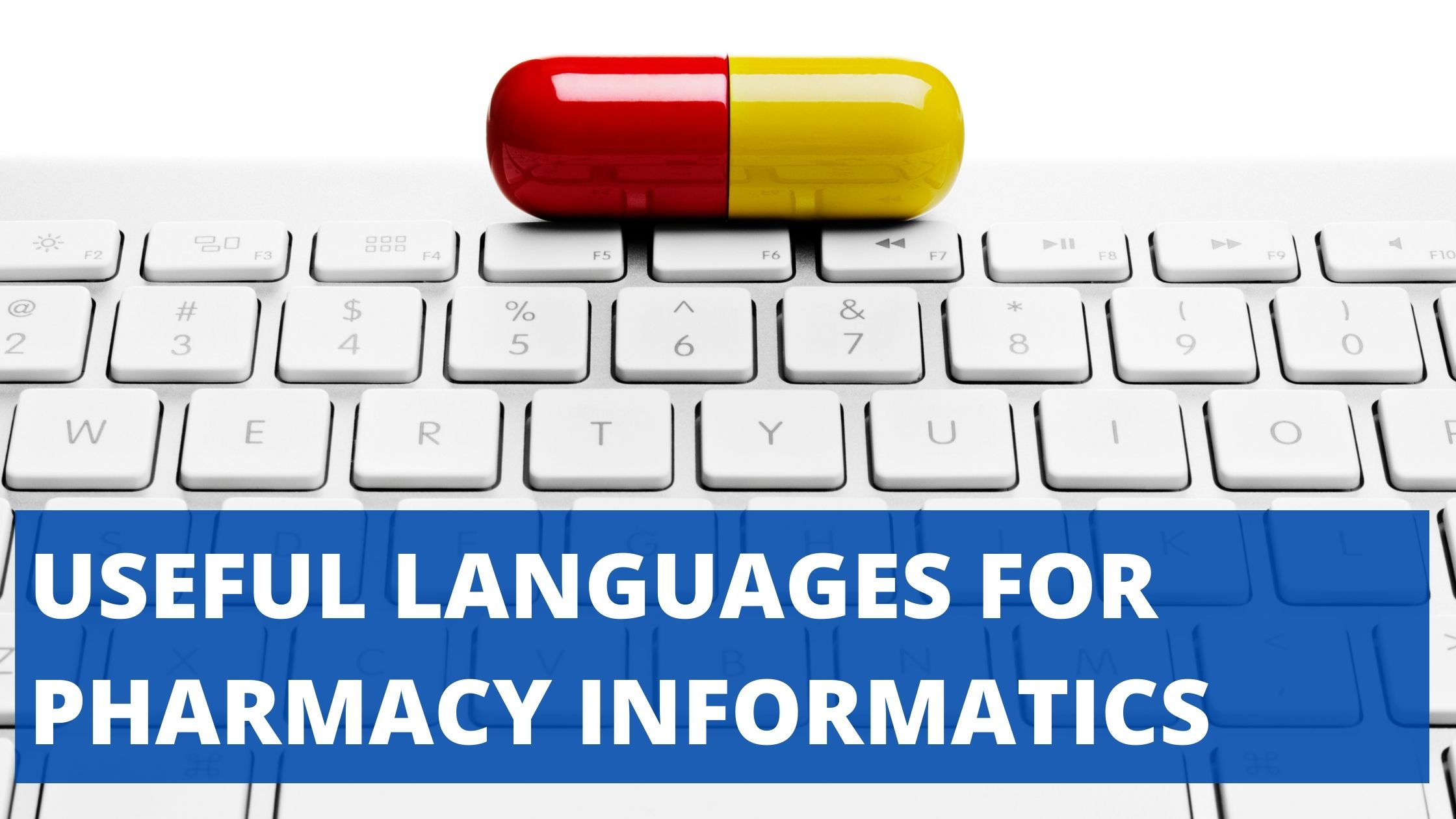Useful Languages for Pharmacy Informatics
One of the most common questions that I get is “Do you need to learn programming to practice in pharmacy informatics?”
My answer to this question has always switched between yes and no. The reason for this is that pharmacy informatics is such a broad, diverse field and it’s still constantly changing, resulting in changing roles and responsibilities over time. As of writing, I believe in a majority of health systems that you can still do your job as a pharmacy informaticist without any programming skills, but it will benefit you greatly if you knew some of the basic concepts.
Here are some of my recommendations if you want to get started.
SQL
I have to start with SQL or Structured Query Language. There are vast data sets in healthcare, whether it be in a national database or even a local organizational database. How the data is stored always comes back to their structure in data tables. There’s an entire field about data architecture and data science that I won’t be getting into, but the fact that those fields exist and a pharmacy informaticist constantly deals with data. Ultimately, this means you should understand the basics of navigating and pulling that data.
SQL is one of the most used languages to access and manipulate databases. Some of the things you can do with SQL are:
- Executing queries against a database to pull the information you are looking for
- Adding rows/records to the database in a data table
- Creating new databases for information storage
- Updating and deleting records from the data tables
- Create procedures and change permissions in data tables and views
Additional SQL Resources
- https://www.w3schools.com/sql/default.asp
- https://www.coursera.org/learn/sql-for-data-science
- https://www.datacamp.com/courses/introduction-to-sql
- https://sqlzoo.net/wiki/SQL_Tutorial
Python
Whereas the power of SQL is in being able to discover information and insights from data, Python finds its importance in the ability to create functions and tools to deliver information. You may not experience a lot of real-world applications of Python in a healthcare setting, but I suggest learning the basics of Python to those that aren’t yet familiar with programming because it’s one of the easiest languages to pick up and understand.
Features of Python:
- Python is logical. Learning Python will help you understand logic trees in programming which may help you with rule building in healthcare EHRs.
- Python is versatile. Learning Python is great for learning the idea of programming, but now you have a language under your belt to use in everyday applications, such as automating mundane tasks or scheduled tasks that you are doing regularly, which saves you time.
- It’s easy to get help if you’re stuck. Python has one of the most active communities out there, such as its community forums.
- You can use Python in data science, which opens up the power of Python in massive healthcare data sets.
Additional Python Resources
- https://www.datacamp.com/courses/intro-to-python-for-data-science
- https://developers.google.com/edu/python
- https://docs.microsoft.com/en-us/learn/modules/intro-to-python/
- https://www.udemy.com/course/pythonforbeginnersintro/
R
Another language that would be good to know if you are heavy into data is R. I do not use it at all for my roles, but I do have many colleagues that know R because their roles demand it due to the massive amounts of calculations in data sets that they have to do. R is tied much more to data science (seeing a trend here?), and there are some cool benefits and use cases of R.
Features of R:
- The code can be executed without the need for a compiler.
- R is faster and more powerful than other languages due to its ability to do many calculations at the same time via vectors.
- R has roots in many industries, including healthcare and biology.
- If you are looking to be involved in data science, R would be the go-to language for it.
Additional R Resources
- https://www.codecademy.com/learn/learn-r
- https://www.coursera.org/learn/r-programming
- https://www.educative.io/courses/learn-r-from-scratch
Are you a currently a working professional in healthcare informatics and have other languages you suggest? What are your thoughts on programming in pharmacy informatics? Let us know in the comments!
New to pharmacy informatics? Check out our free introductory course!

